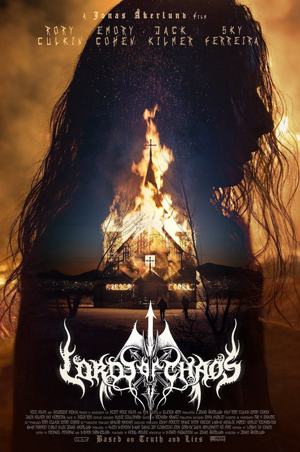 My last film of Fantasia 2018 was a late surprise. The Festival often starts with a screening slot still to be announced, as the Directors negotiate to add one last film to their line-up. This year, just a few days before Fantasia ended, they announced that they’d close this year’s festival with a screening of Lords of Chaos, a film by Jonas Åkerlund based on the true story of the band Mayhem in the early 1990s. It’s a drama, with a lot of very dark comedy, involving murder, suicide, and church burnings. The version of the film that played Fantasia was the same unrated version that premiered at the Sundance festival earlier this year; apparently cuts will have to be made before the movie can be shown again in a North American theatre. (I can’t say with absolute certainty what those cuts will be or what the reason for them is, but the leading theory I heard is that they have to do with the film’s realistic depiction of suicide.)
My last film of Fantasia 2018 was a late surprise. The Festival often starts with a screening slot still to be announced, as the Directors negotiate to add one last film to their line-up. This year, just a few days before Fantasia ended, they announced that they’d close this year’s festival with a screening of Lords of Chaos, a film by Jonas Åkerlund based on the true story of the band Mayhem in the early 1990s. It’s a drama, with a lot of very dark comedy, involving murder, suicide, and church burnings. The version of the film that played Fantasia was the same unrated version that premiered at the Sundance festival earlier this year; apparently cuts will have to be made before the movie can be shown again in a North American theatre. (I can’t say with absolute certainty what those cuts will be or what the reason for them is, but the leading theory I heard is that they have to do with the film’s realistic depiction of suicide.)
Lords of Chaos is based on the book of the same name by Michael Moynihan and Didrik Søderlind, with a script by Dennis Magusson in collaboration with Åkerlund. It’s worth noting that in the mid-80s Åkerlund was briefly a member of Bathory, a band that laid the groundwork for the black metal scene that emerged a few years later. Definitions are tricky in metal, and some will argue that Bathory was one of the creators of black metal; the point is that Åkerlund has roots in this world as well as being an experienced director with a long list of credits.
The film he’s made now claims to be “based on truth and lies.” Starting in 1987, we’re introduced at once to young Norwegian metal musician Øystein Aarseth (Rory Culkin), who is our narrator: “this is my story, and it will end badly,” he promises. Aarseth, under the name Euronymous, leads the band Mayhem, which has hit a plateau — but when a new singer sends in an audition tape (along with a dead mouse), Euronmymous sees new hope for the band. Per Yngve Ohlin (Jack Kilmer), who takes the name Dead, is deeply troubled but immensely talented, and Mayhem takes off, helped also by Euronymous’s knack for self-promotion: he positions Mayhem as “true Norwegian black metal,” in contrast to the proliferation of un-true Swedish death metal bands. Mayhem, he implies, is at the vanguard of a movement, harder and more unyielding than anyone else. More evil.
And so we get a moment in which an enthusiastic young fan approaches Euronymous to gush about the band, Euronymous stares at him in a long silence, then points to a patch on the fan’s jacket and reads out “Scorpions” in a flat and chillingly ironic tone. The old-school German hard rock band’s used like a bludgeon, a sign of the un-trueness of the fan, who is crushed; and we realise how Euronymous can and will pick instantly on a small tell to dominate and manipulate people around him. Because the fan, Kristian (Emory Cohen), isn’t driven away but instead becomes even more determined to gain Euronymous’s approval. Dead commits suicide, but if Euronymous is affected, he doesn’t show it much. With his parents’ money he opens a metal record store, and in the basement holds meetings of a “black circle” of favoured musicians. “I was building my own empire,” he reflects. “Everything that had happened had made me immune to reality.” Kristian, still a fan, wants to be a part of this group — for he’s a musician, too, and, it turns out, a talented one. Brought into the circle, he takes new names, Varg Vikernes and Count Grishnackh, and slowly emerges as a rival for Euronymous among the black circle. The two young men compete with each other to say and do ever more extreme things, driving each other further and further, and it is very clear that Euronymous’s early promise is true: this can only end badly.
…
Read More Read More
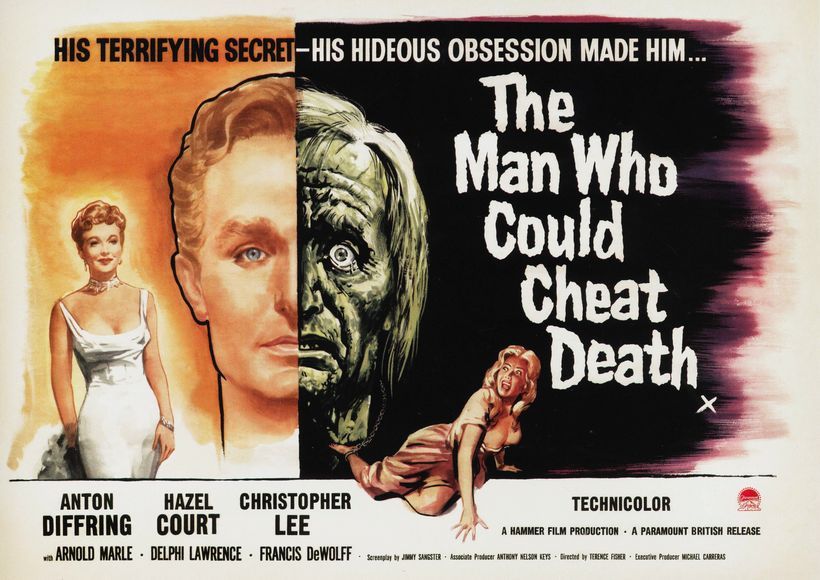

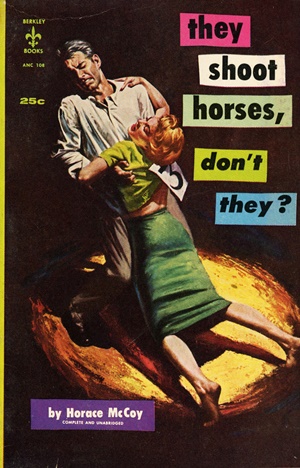
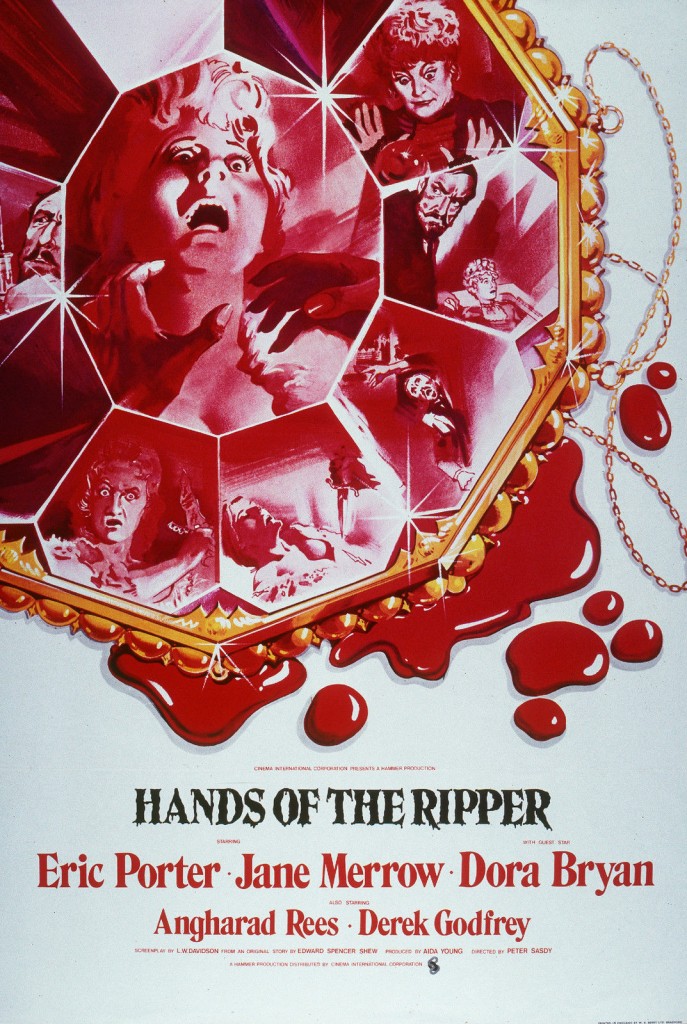
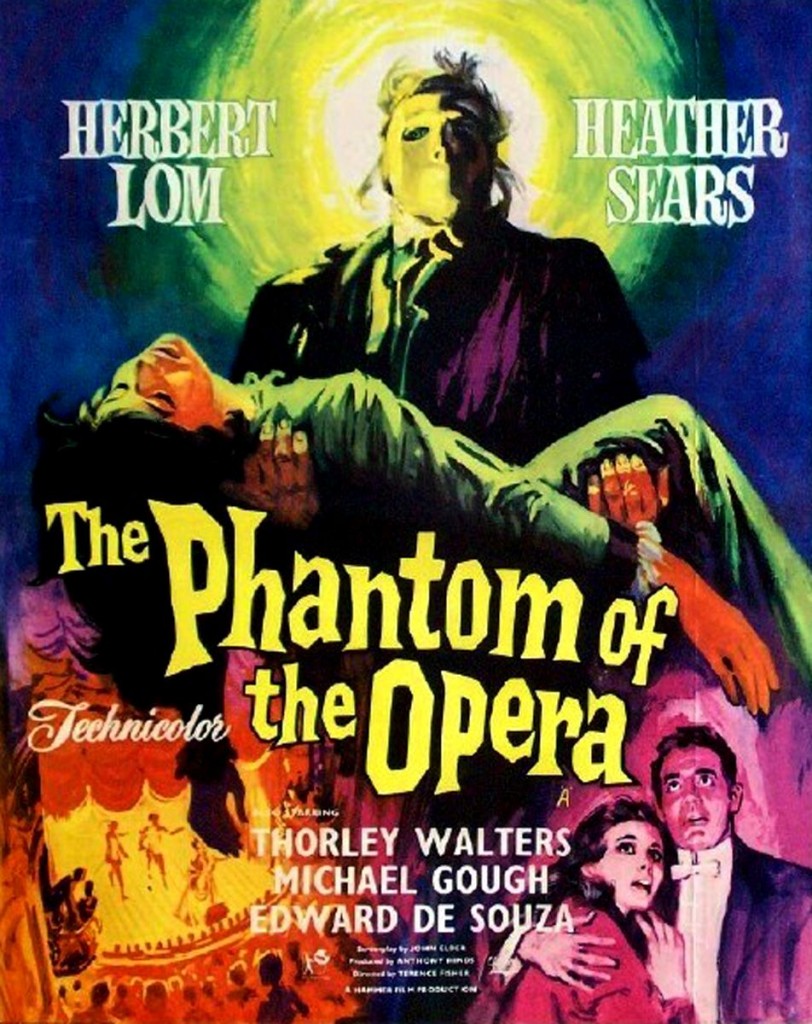
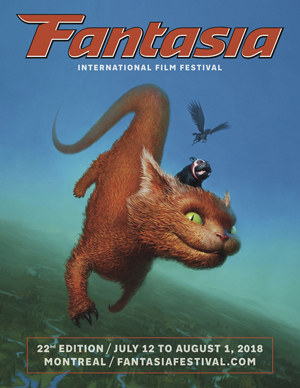 I saw 60 feature films or showcases of short films this year at the Fantasia International Film Festival. As is the case every year, seeing so many wild visions so close together was a powerful experience. If one film didn’t work, there’d be another one coming right after that’d be completely different. Having been slowed down by a bad cold the last few weeks, I’ve had time to think about what I took away from the Fantasia adventure this year in particular, and I keep coming back to things that struck me during the festival itself: the ability of the programmers to select films; the power of seeing the films as part of an audience and indeed part of a community; and the way those things interact.
I saw 60 feature films or showcases of short films this year at the Fantasia International Film Festival. As is the case every year, seeing so many wild visions so close together was a powerful experience. If one film didn’t work, there’d be another one coming right after that’d be completely different. Having been slowed down by a bad cold the last few weeks, I’ve had time to think about what I took away from the Fantasia adventure this year in particular, and I keep coming back to things that struck me during the festival itself: the ability of the programmers to select films; the power of seeing the films as part of an audience and indeed part of a community; and the way those things interact.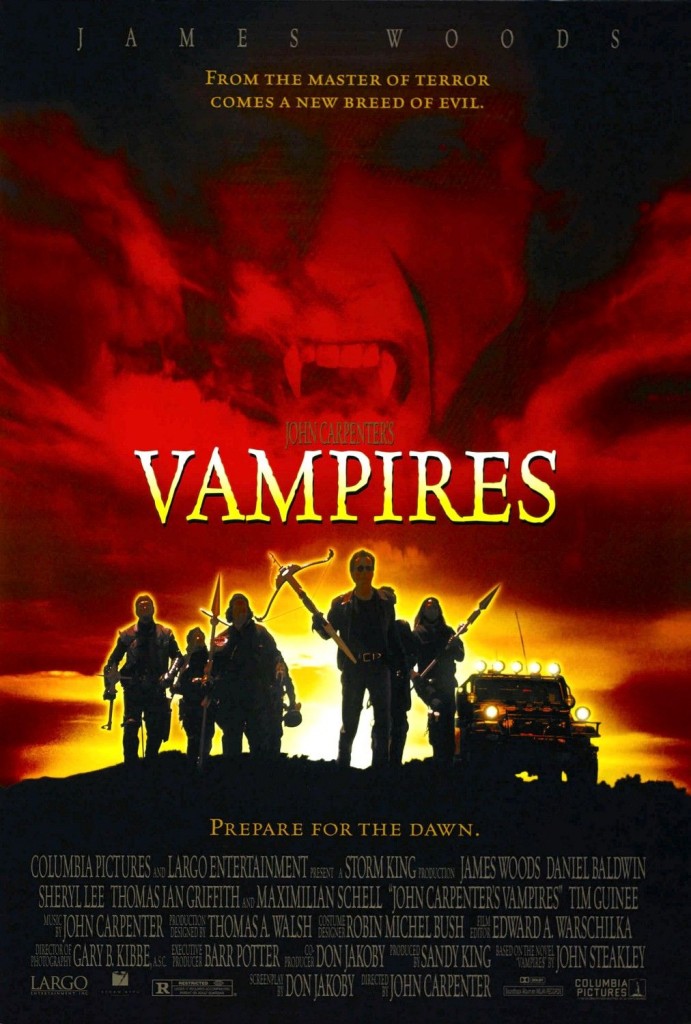
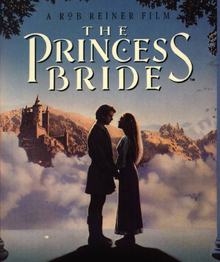
 My last film of Fantasia 2018 was a late surprise. The Festival often starts with a screening slot still to be announced, as the Directors negotiate to add one last film to their line-up. This year, just a few days before Fantasia ended, they announced that they’d close this year’s festival with a screening of Lords of Chaos, a film by Jonas Åkerlund based on the true story of the band Mayhem in the early 1990s. It’s a drama, with a lot of very dark comedy, involving murder, suicide, and church burnings. The version of the film that played Fantasia was the same unrated version that premiered at the Sundance festival earlier this year; apparently cuts will have to be made before the movie can be shown again in a North American theatre. (I can’t say with absolute certainty what those cuts will be or what the reason for them is, but the leading theory I heard is that they have to do with the film’s realistic depiction of suicide.)
My last film of Fantasia 2018 was a late surprise. The Festival often starts with a screening slot still to be announced, as the Directors negotiate to add one last film to their line-up. This year, just a few days before Fantasia ended, they announced that they’d close this year’s festival with a screening of Lords of Chaos, a film by Jonas Åkerlund based on the true story of the band Mayhem in the early 1990s. It’s a drama, with a lot of very dark comedy, involving murder, suicide, and church burnings. The version of the film that played Fantasia was the same unrated version that premiered at the Sundance festival earlier this year; apparently cuts will have to be made before the movie can be shown again in a North American theatre. (I can’t say with absolute certainty what those cuts will be or what the reason for them is, but the leading theory I heard is that they have to do with the film’s realistic depiction of suicide.)  The two final movies I’d watch at the 2018 Fantasia International Film Festival were both in the big Hall Theatre. It’s perhaps appropriate that the first of those two aspired to be a crowd-pleasing blockbuster. Detective Dee: The Four Heavenly Kings (Di Renjie zhi Sidatianwang, 狄仁杰之四大天王) was directed by veteran Tsui Hark and written by Chang Chialu. It’s nominally a prequel to two other movies, though no knowledge of those films is required.
The two final movies I’d watch at the 2018 Fantasia International Film Festival were both in the big Hall Theatre. It’s perhaps appropriate that the first of those two aspired to be a crowd-pleasing blockbuster. Detective Dee: The Four Heavenly Kings (Di Renjie zhi Sidatianwang, 狄仁杰之四大天王) was directed by veteran Tsui Hark and written by Chang Chialu. It’s nominally a prequel to two other movies, though no knowledge of those films is required.